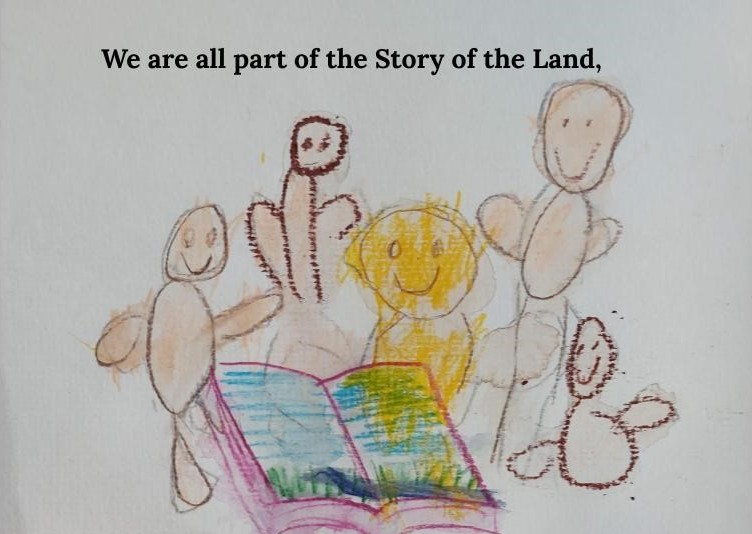Pandemic-Provoked “Throwntogetherness”: Narrating Change in ECEC in Canada
DOI:
https://doi.org/10.37119/ojs2022.v28i1b.655Abstract
In Canada, multiple, intersecting, and incommensurable narratives promote investment in a public ECEC system. These dominant narratives are typically justified through an entanglement of discourses, including gender equity, colonialism, developmentalism, investment in children as future workers, and childcare as social infrastructure. With COVID-19, renewed economic arguments propose ECEC as an essential service, jump-starting an economy ravaged by the pandemic. Taking up a conversational approach, we question the potency of dominant narratives proliferated in media and policy initiatives as a way to effect large-scale change, and we seek to better understand alternative narratives of ECEC. We are drawn to those spaces where a range of new texts and narratives are generating possibilities for transformative changes. We co-create a bricolage of minor stories (Taylor, 2020) of change, keeping in mind Eve Tuck’s (2018a) theory of change and Elise Couture-Grondin’s (2018) premise of stories as theory.
Keywords: early childhood education, policy, change, COVID-19, colonialism, throwntogetherness

Published
Issue
Section
License
Copyright (c) 2022 Jane Hewes, Esther Maeers, Monica Lysack, Pam Whitty

This work is licensed under a Creative Commons Attribution-NonCommercial-NoDerivatives 3.0 Unported License.
Authors who publish with this journal agree to the following terms:- Authors retain copyright and grant the journal right of first publication with the work simultaneously licensed under a Creative Commons Attribution License that allows others to share the work with an acknowledgement of the work's authorship and initial publication in this journal.
- Authors are able to enter into separate, additional contractual arrangements for the non-exclusive distribution of the journal's published version of the work (e.g., post it to an institutional repository or publish it in a book), with an acknowledgement of its initial publication in this journal.
- Authors are permitted and encouraged to post their work online (e.g., in institutional repositories or on their website) prior to and during the submission process, as it can lead to productive exchanges, as well as earlier and greater citation of published work (See The Effect of Open Access).


